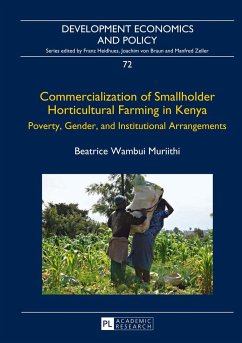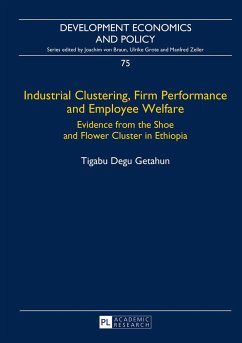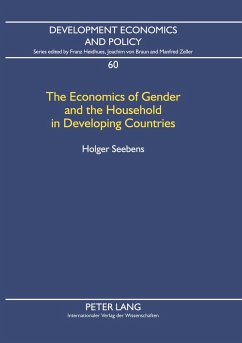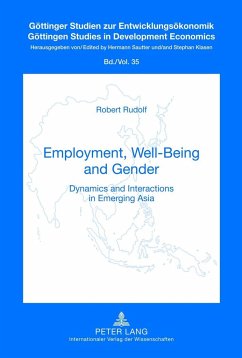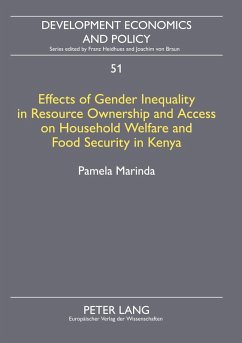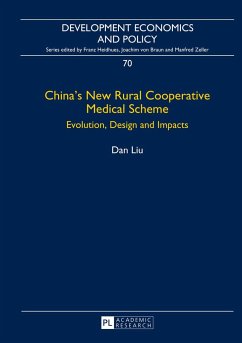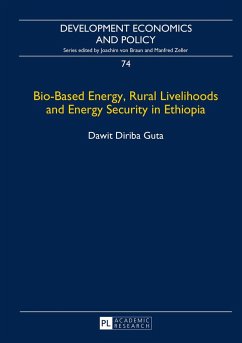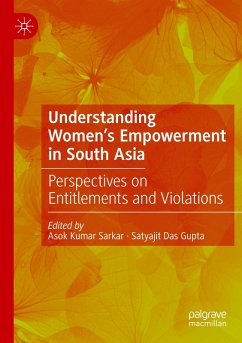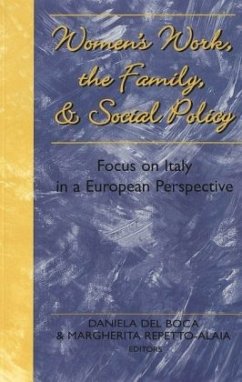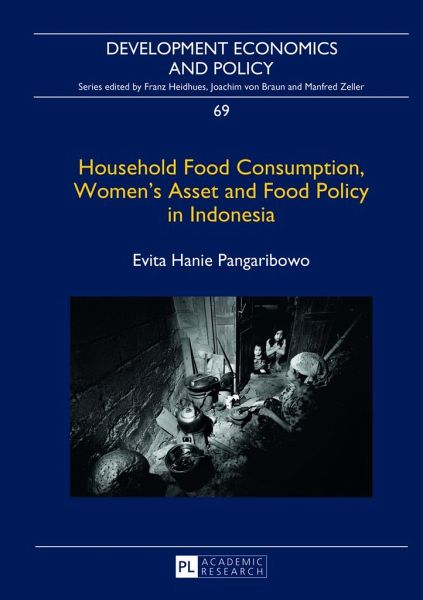
Household Food Consumption, Women's Asset and Food Policy in Indonesia
Versandkostenfrei!
Versandfertig in 6-10 Tagen
66,15 €
inkl. MwSt.

PAYBACK Punkte
0 °P sammeln!
This study addresses the issue of household food consumption, its relation to gender and to food policy in Indonesia. Using econometric analyses of the Indonesian Family Life Survey, the study reveals that food expenditure patterns, particularly those of the poor households, warrant food policy attention. The poor households spent more on alcohol and tobacco goods when their income increased. The impact evaluation of the "Rice for the Poor" program reveals that the program enabled beneficiaries to increase expenditures on nutrient-rich, animal source foods; however, unintended program impacts ...
This study addresses the issue of household food consumption, its relation to gender and to food policy in Indonesia. Using econometric analyses of the Indonesian Family Life Survey, the study reveals that food expenditure patterns, particularly those of the poor households, warrant food policy attention. The poor households spent more on alcohol and tobacco goods when their income increased. The impact evaluation of the "Rice for the Poor" program reveals that the program enabled beneficiaries to increase expenditures on nutrient-rich, animal source foods; however, unintended program impacts also exist. The analysis of gender roles indicates that resource distribution and power relations within households are important considerations in the development of food policy.





